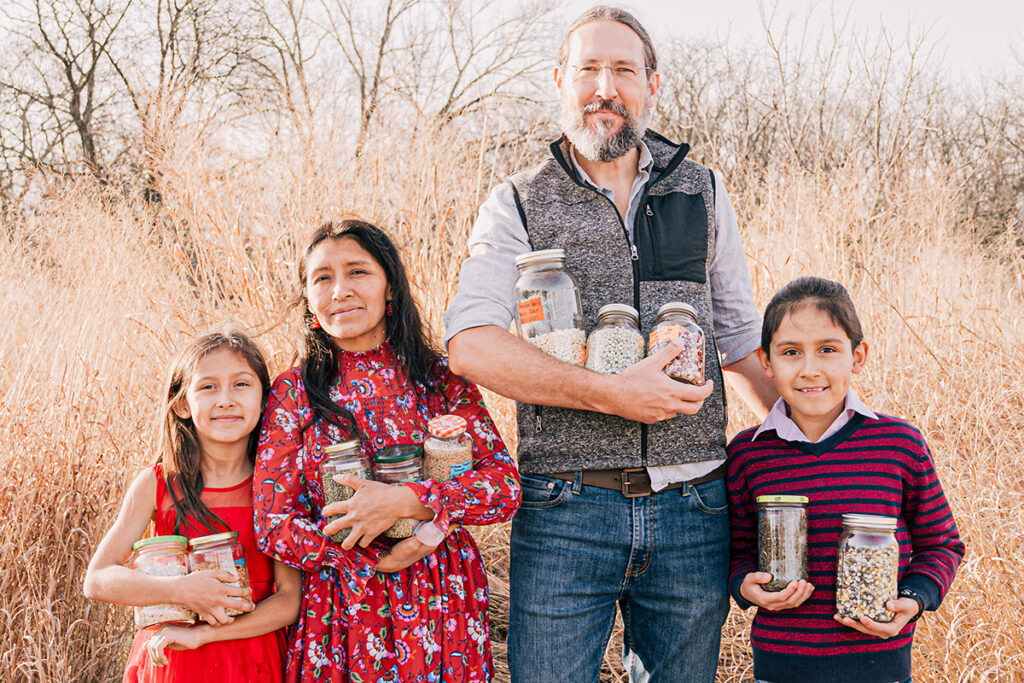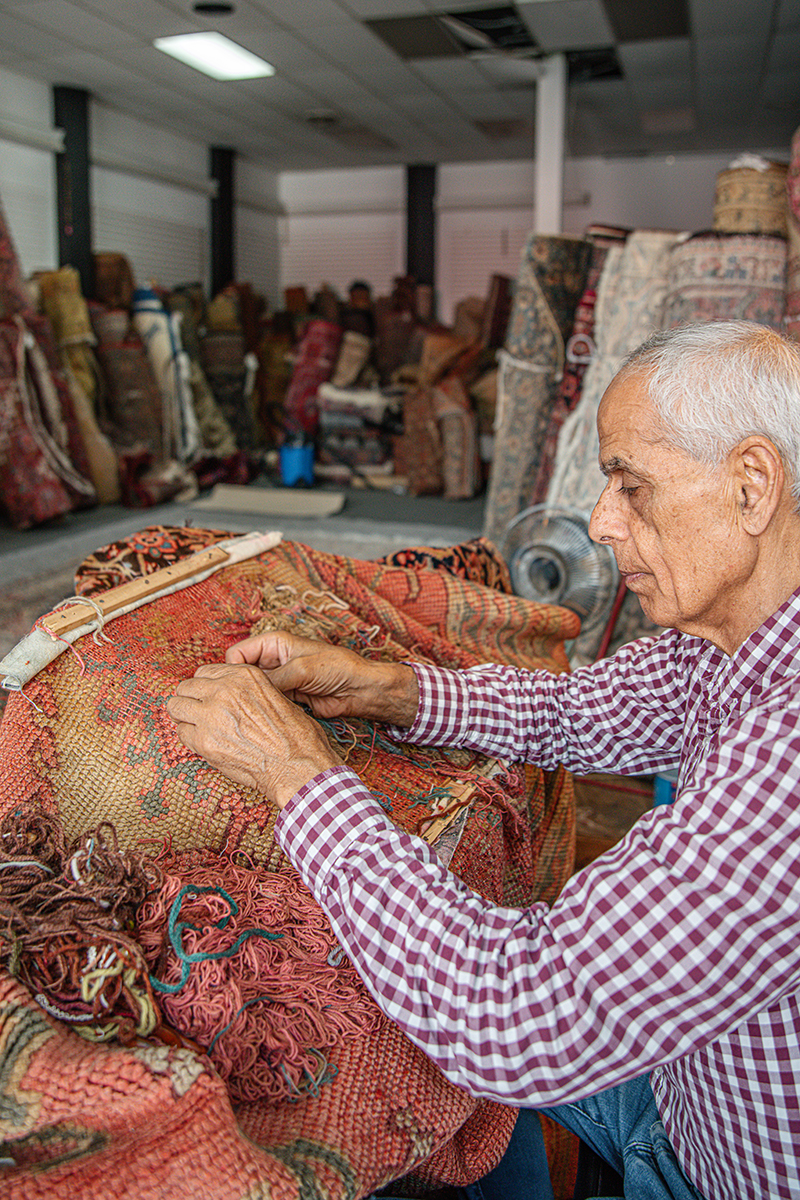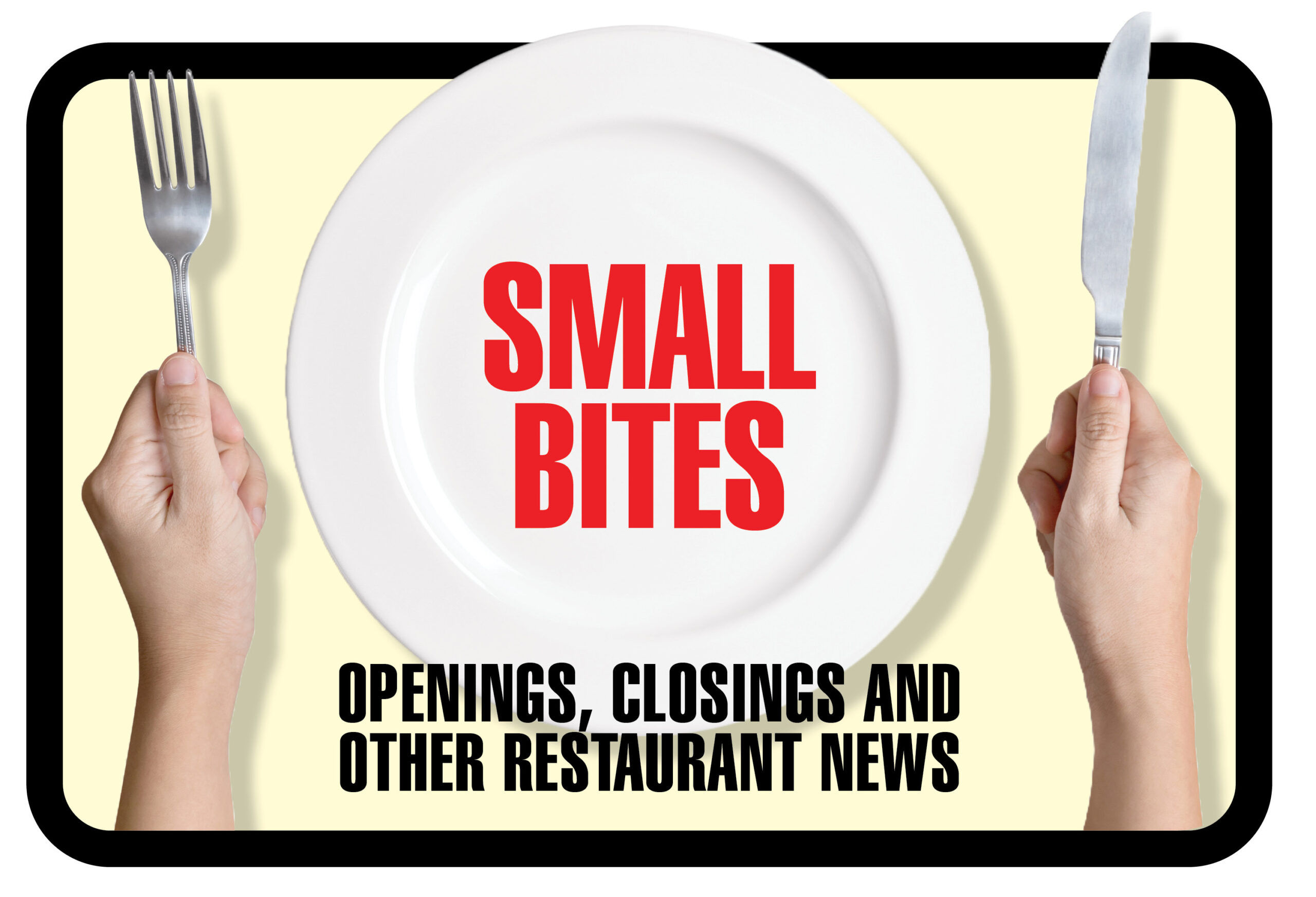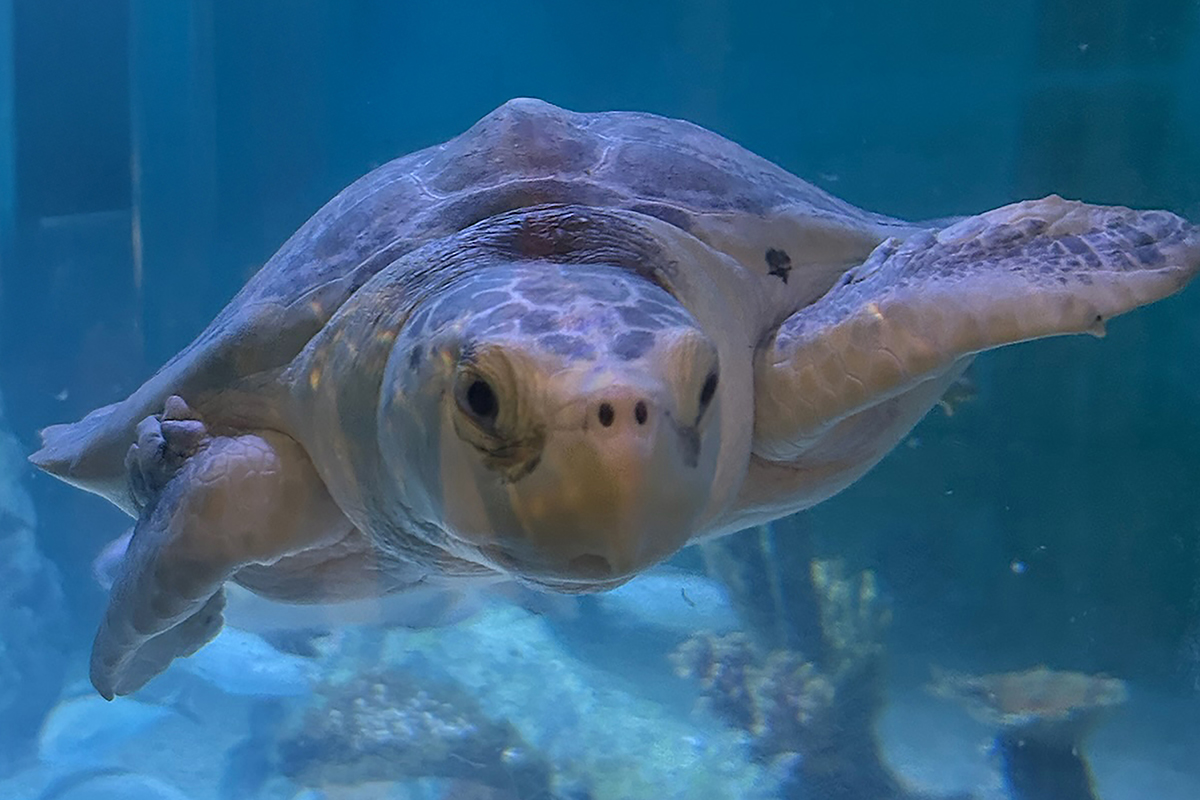The revelation was startling when it came to a pair of plant biologists already deep into graduate school studies: The huge majority of seeds sold in the United States are produced overseas in low-cost labor markets like China and India. Often traded through the Netherlands, they’re repackaged under different brand names.
“Even heirloom seeds,” says Nancy Kost. “It’s really kind of shocking.”
“It’s a bit frightening, too, in terms of national security,” says Matthew Kost, Nancy’s husband.
The two met at Ohio State University in 2009. Nancy had grown up in Bolivia, where the potato was first domesticated, and the two struck up a conversation about the lowly spud. “That was my pickup line,” Matthew remembers. “She lit up.”

Now married with two children, the Kosts own and operate a company that produces seeds locally so the plants that grow from them are better suited to the Midwest. Their emphasis on hometown horticulture is all about promoting biodiversity and healthy communities.
The Buffalo Seed Company is headquartered at the Kosts’ Shawnee home, but their seed-producing plants are grown on plots scattered throughout the area. None of the plots are irrigated or chemically fertilized—the only additions are compost, chicken manure and local straw for mulch and weed control.
No watering? How does that work in Kansas City’s drought-prone summers, where temperatures can reach 100 degrees or more?
“With some varieties, the climate will knock out 95 percent of plants the first year,” Matthew says. “We save seeds from the 5 percent that survive. The next year, the majority of those plants will live. We let nature do what it’s gonna do, and it’s surprising how quickly the selection process happens.”
“We’re stewarding these seeds,” Nancy says. “Even after just two or three years, you start seeing a better product.”
The Kosts founded their company in 2018, and many of the 375 types of seeds for sale (vegetables, fruit, grains, herbs and flowers) have undergone seven to eight years of adaptation on land the couple owns and on other plots farmed by a network of contract growers. Matthew, who has a Ph.D. in evolutionary agroecology, first sources seeds from locations around the world that most closely match our climate. These include parts of Eastern Europe, northeastern China and Turkey.
The seeds often come from national seed banks, where they’re available to researchers and businesses, but not the general public. It’s a gap the Kosts aim to bridge between seeds locked in banks and seeds that can be purchased retail by individual farmers and gardeners.
Matthew gets additional seeds from local farmers who have saved them for generations, like a woman in Lawrence who noticed her heirloom tomatoes—Arkansas Traveler and Wood’s Famous Brimmer—set fruit during summer’s hottest days when other tomatoes quit.
Seeds also come from friends and immigrants. As a former director of Cultivate Kansas City, Matthew oversaw the organization’s New Roots program for refugees and became familiar with plants like green eggplant and Burmese winter squash.
The squash, for example, was encouraged to cross-pollinate with other winter squash into a true Midwestern variety that the Kosts simply call America. Sweeter than pumpkin, Nancy uses it for her Thanksgiving pies.
When a seed variety adapts itself to a local region but still grows with a range of sizes, shapes and/or colors, it’s known as a landrace. Most seed companies don’t sell landraces because customers want to know exactly what they’re going to get. But a diverse output is the key to surviving changing weather conditions and harmful insect attacks.
Nancy, who studied tomato breeding, grows a highly mixed patch of tomatoes that yield different sizes at different times in colors ranging from red and yellow to purple and orange. They’re all slicers, however, and all good to eat. Too difficult to separate, the seeds are called All Welcome.
The opposite of diversity can happen when plants become too uniform over time. That’s when the Kosts add some of the older, less adapted seeds back to the population. “It’s a sweet spot we try to hit,” Matthew says.
Buffalo Seeds can be ordered online or found at Merriam Feed and Seed and the Overland Park Farmers’ Market from a vendor called Dirt Beast Farm. The Kosts also hope to arrange sales at Made in KC stores this spring—because seeds shaped by Kansas City’s soil and climate are the ultimate in locally made.





